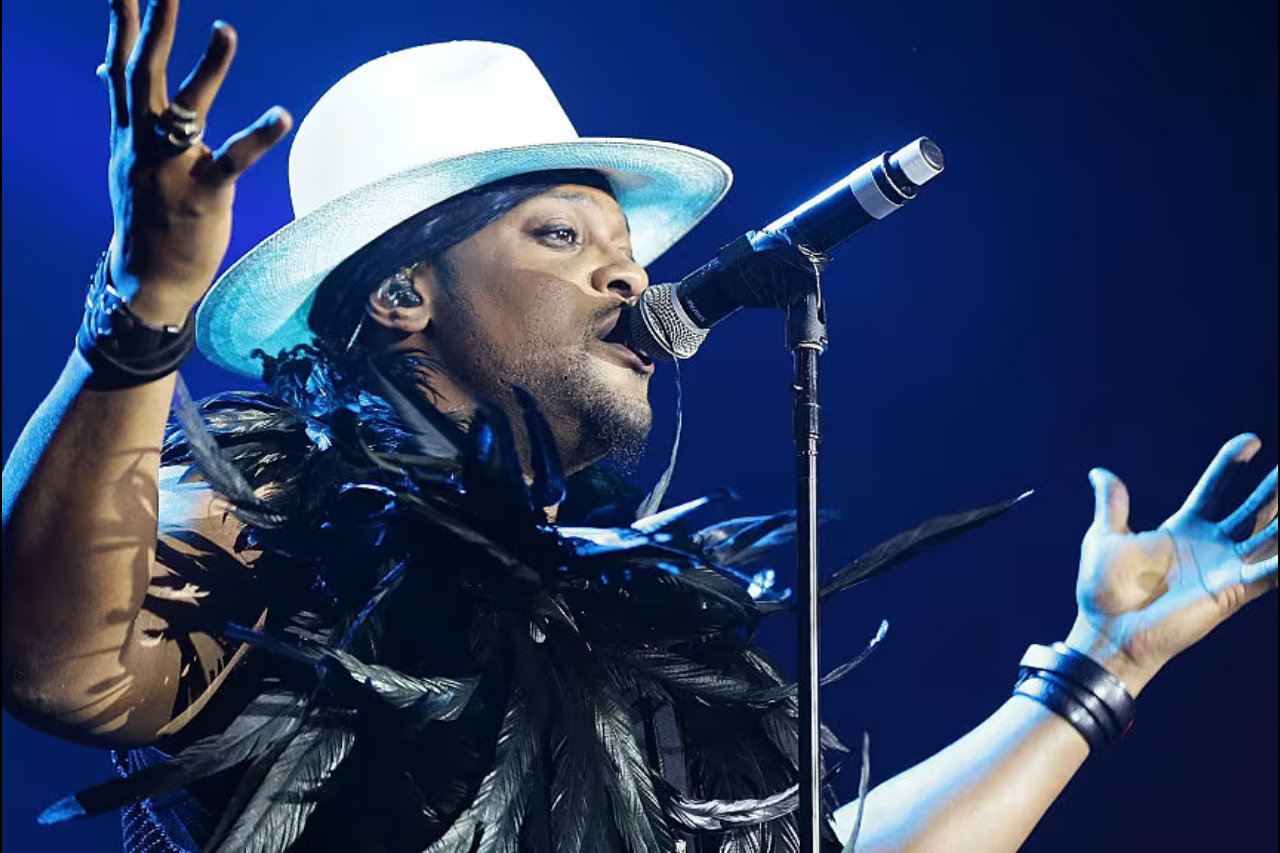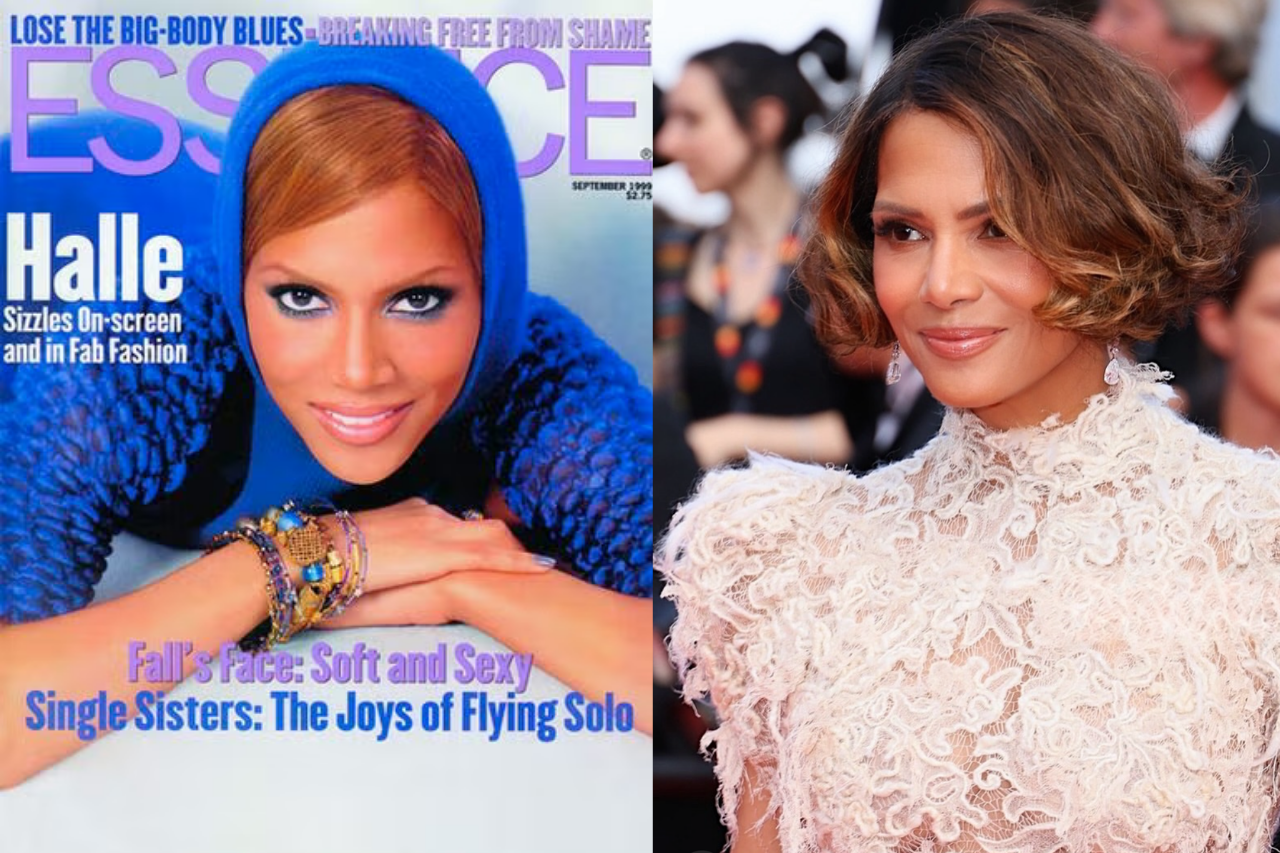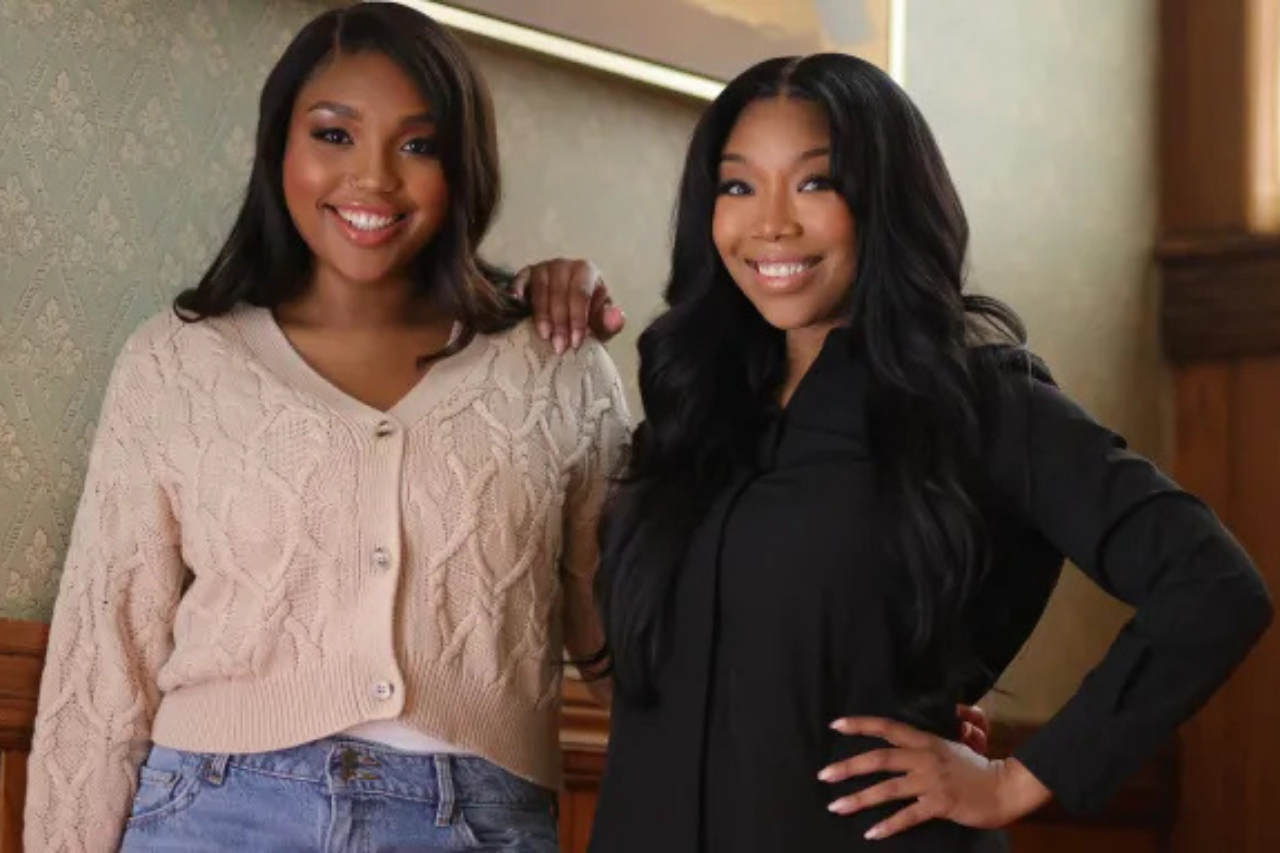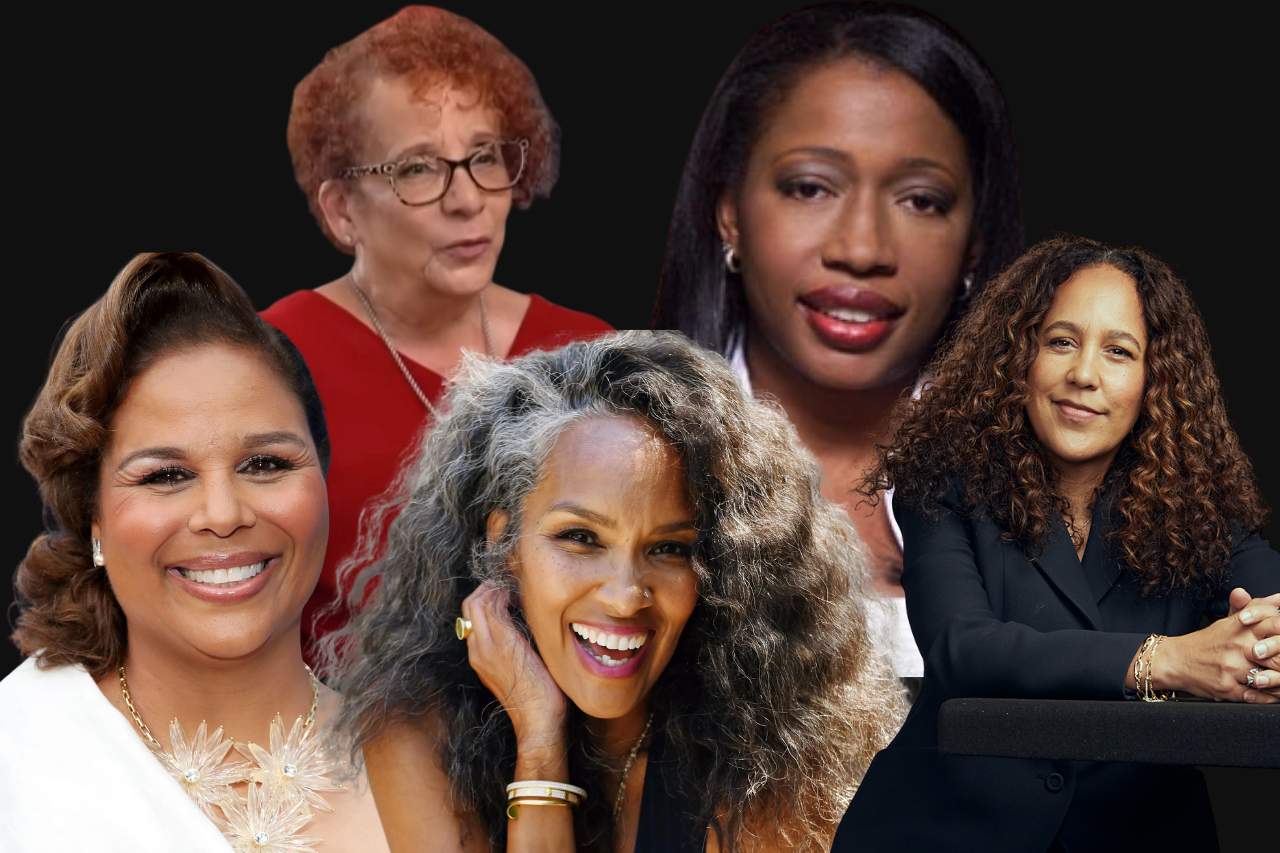Some artists make music. Others make meaning. D’Angelo did both.
There’s an old R&B maxim: the best music doesn’t just sound good, it feels undeniable. For Gen X, D’Angelo was rare proof of that. He arrived not as a commercial machine but as a soul whisperer who demanded we lean in.
His passing at 51 isn’t just another loss in music; it’s a heartbreak that hits differently for Generation X, a generation that came of age when artistry still felt sacred, when sound could be spiritual, and when imperfection was part of the beauty.
Born Michael Eugene Archer in Richmond, Virginia, D’Angelo grew up in a small Pentecostal church where gospel wasn’t background noise; it was air. His father and grandfather were both preachers, his mother a quiet force of faith and creativity. By three, he was picking out piano melodies by ear. By five, he was accompanying his father during services, fingers barely reaching the keys.
Church didn’t just teach him music; it taught him spirit. That tension between flesh and faith, rhythm and reverence, would follow him forever. When he later created Brown Sugar and Voodoo, that divine push and pull pulsed through every chord.
For those raised on vinyl, late-night radio, and live instrumentation, his sound felt like a return home, a reminder that music could still breathe.
By the time D’Angelo emerged in the mid-1990s, much of R&B had been smoothed into something predictable. Then came this quiet, self-producing, deeply introspective man whose voice cracked on purpose. Brown Sugar didn’t chase trends; it built a new one.

One of D’Angelo’s greatest gifts was letting imperfection live. His voice would crack, falter, stretch wide, always in service of emotion, never showmanship. Whether in “Untitled (How Does It Feel)” or “Lady,” he offered intimacy, not spectacle. The camera, the silence, the sweat, the rawness, it was all a study in vulnerability. He wasn’t performing for us; he was letting us in.
That mattered to a generation straddling the analog and the digital, the hopeful and the weary. We valued authenticity because we saw it slipping away. D’Angelo’s imperfections became proof that truth in art still mattered.
After Voodoo, the industry wanted a sex symbol. But D’Angelo wanted peace. The years that followed, filled with withdrawal, pain, and personal battles, were often framed as decline. In reality, they were an act of resistance.
When Black Messiah arrived in 2014, it wasn’t a comeback; it was a sermon. The album held protest, prayer, and prophecy in equal measure. Its grooves were thicker, its truths heavier. It reminded us that time away doesn’t dull genius; it deepens it.
That patience, that self-possession, is something Gen X understands. We know the courage it takes to step back, to heal, to rebuild without spectacle.
This year’s loss feels heavier knowing it follows the passing of Angie Stone, the accomplished soul artist with whom D’Angelo shared a son. Their musical paths crossed at a pivotal time; she, an established force; he, a rising prodigy still defining his voice. What began as mentorship and collaboration ultimately produced music that helped shape the neo-soul sound of the 1990s.
Their connection, though often discussed through different lenses, remains part of a broader creative lineage, one where influence, artistry, and lived experience intertwine to create something enduring. It reminds us that behind the headlines and harmonies are real people navigating art, power, growth, and humanity in complex ways.
As both artists are now gone, their shared imprint on soul music feels even more sacred, a reminder of an era when vulnerability, collaboration, and sound carried stories too intricate for words alone.

Gen X came of age in a world where music was tactile. You could trace your fingerprints on a cassette, study the credits until dawn, and feel the weight of a song in your palms. The liner notes told you who played what, who produced what, and why it mattered. You learned that intention was its own kind of truth.
D’Angelo belonged to that language. Every hesitation in his phrasing, every unpolished breath, every quiet moment before the downbeat, all of it meant something. His art didn’t chase validation; it demanded presence. You couldn’t half-listen to a D’Angelo record. You had to enter it, surrender to its patience, its pulse, its pain.
We were raised on the in-between, the analog hiss, the dim studio light, the feeling that art wasn’t something to scroll through but to sit with. D’Angelo represented that space between groove and grace, where the sacred met the sensual and everything felt alive again.
Losing him isn’t just losing an artist; it’s losing a kind of permission to be slow, to be soulful, to be sincere in an era that rarely rewards any of it. But his sound endures. In that murmur of bass, in the echo of his falsetto, in the stillness between beats, he’s still there, not as nostalgia, but as proof that the soul never really leaves.
Still, we can’t help but acknowledge what disappears with artists like D’Angelo. It isn’t only the music; it’s a kind of devotion that’s vanishing. He belonged to a generation of musicians who created from the marrow, not the metrics. They lived inside their art, not above it. Every note was earned. Every silence was sacred.
Today, where sound is engineered for speed and visibility, that kind of craftsmanship feels almost impossible. The algorithms favor noise. The culture rewards exposure. And yet, people like D’Angelo reminded us that silence could still speak, that music could be a confession, a prayer, a mirror held up to both grace and grit.
For Gen X, this loss cuts deeper than nostalgia. It reopens an ache for an era when artistry meant risk, when vulnerability and virtuosity coexisted, and when a singer could disappear for a decade only to return with something that changed how we listened.
D’Angelo’s passing isn’t just the end of a life; it’s a whisper about where we are now. The industry has grown louder, faster, less forgiving of stillness. But the memory of artists like him, the ones who trusted their own tempo, reminds us that soul was never meant to be mass-produced.
He was one of the last of that lineage, artists who built worlds from the inside out. And though his voice has quieted, his influence lingers like incense in a room long after the song has ended, heavy, fragrant, and alive in the air we still breathe.
Discover more from MidScroll
Subscribe to get the latest posts sent to your email.



